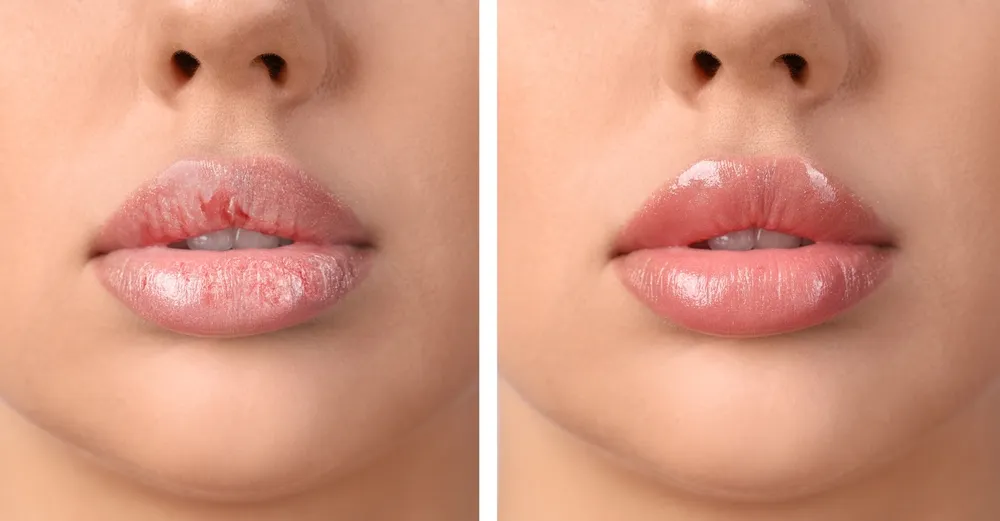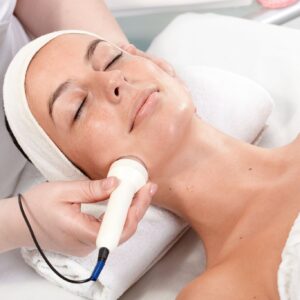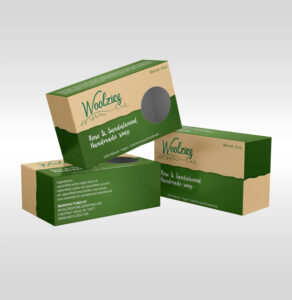
Lip pigmentation is a common cosmetic concern for many individuals. It can cause your lips to appear darker or uneven in color, which can be frustrating, especially when you’re looking to maintain a smooth, natural lip tone. While there are several causes of lip pigmentation, from lifestyle choices to skin conditions, one of the most important steps in preventing and treating lip pigmentation is the use of sunscreen. In this article, we’ll explore how lip pigmentation treatment can be enhanced with sunscreen, the role of sunscreen in preventing further pigmentation issues, and other effective treatments available, including laser treatment for pigmentation.
What is Lip Pigmentation?
Lip pigmentation refers to the darkening or discoloration of the lips, which can occur due to a variety of reasons. While it is generally harmless, it can affect a person’s appearance and confidence. Pigmentation on the lips typically appears as darker patches or a general uneven tone across the lip area. This can be caused by factors such as:
- Sun Exposure: Overexposure to harmful UV rays can stimulate excess melanin production, leading to darkened lips.
- Hormonal Changes: Pregnancy, the use of birth control pills, or hormonal imbalances can lead to pigmentation on the lips.
- Smoking: The chemicals in cigarettes can damage the skin and cause pigmentation around the lips.
- Skin Conditions: Certain conditions like melasma or hyperpigmentation can lead to dark patches on the lips.
- Age: As we age, our skin loses elasticity and becomes more prone to pigmentation issues.
The Role of Sunscreen in Preventing Lip Pigmentation
Sunscreen is a crucial part of any skincare routine, particularly when it comes to protecting the delicate skin on the lips. The lips are more susceptible to sun damage than other parts of the face because the skin is thinner and has fewer melanocytes, the cells responsible for producing melanin (the pigment that gives skin its color). Prolonged exposure to the sun’s ultraviolet (UV) rays can cause the lips to darken due to increased melanin production.
Why Sunscreen is Essential for Lip Pigmentation Treatment
- Prevents UV-Induced Pigmentation: UV rays can damage the skin by penetrating the dermal layers and triggering the production of excess melanin. This can lead to pigmentation issues, including dark lips. Sunscreen protects the skin from these harmful rays, preventing further darkening and helping to maintain an even skin tone.
- Avoids Sunburn and Inflammation: Sunburns can cause inflammation in the skin, which, over time, may lead to pigmentation issues. Using sunscreen helps prevent sunburn and the resulting hyperpigmentation, keeping your lips smooth and healthy.
- Protects Sensitive Lip Skin: The skin on your lips is much thinner and more sensitive than the skin on the rest of your face. Sunscreen acts as a barrier to protect the lips from sun damage, reducing the risk of pigmentation problems.
- Prevents Premature Aging: Sunscreen helps prevent signs of aging, including wrinkles and sagging, which can also affect lip pigmentation. By protecting your lips from UV rays, you not only reduce pigmentation but also keep your lips looking youthful and plump.
Types of Sunscreen for Lips
When choosing sunscreen for your lips, it’s important to use products specifically formulated for sensitive skin. Look for lip balms or lipsticks that contain SPF 15 or higher. These are designed to provide a protective barrier against both UVA and UVB rays.
- SPF Lip Balms: Choose a lip balm with broad-spectrum SPF (Sun Protection Factor) of 30 or higher for daily protection.
- Tinted Lip Balms: These are a great option because they offer both pigmentation correction and sun protection, keeping your lips moisturized while shielding them from harmful UV rays.
- Lipsticks with SPF: Some lipsticks are designed to include SPF protection, which is ideal for those who wear makeup regularly. Always choose a product with at least SPF 15 for adequate sun defense.
How to Apply Sunscreen to Your Lips
- Reapply frequently: Sunscreen should be reapplied every two hours, especially when you’re spending time outdoors. Sweat, eating, and drinking can remove the sunscreen, leaving your lips unprotected.
- Apply generously: Make sure to cover your entire lip area with a thick layer of sunscreen to ensure full coverage.
- Don’t forget the edges: The skin surrounding your lips is also prone to pigmentation, so be sure to apply sunscreen to the edges of your lips as well.
Pigmentation Treatment: Beyond Sunscreen
While sunscreen plays a critical role in preventing lip pigmentation, it’s also important to explore other pigmentation treatments that can help lighten darkened lips. Depending on the severity of your pigmentation and the underlying cause, you may want to consider various treatments to help restore your lips to their natural color.
1. Exfoliation
Regular exfoliation helps to remove dead skin cells and promotes new cell turnover, which can brighten the lips. You can use a gentle lip scrub made from natural ingredients such as sugar and honey or opt for a chemical exfoliant containing AHA (alpha-hydroxy acids) or BHA (beta-hydroxy acids) to dissolve the buildup of dead skin. Exfoliating once or twice a week will help keep your lips smooth and prevent the accumulation of dark skin.
2. Moisturization
Dry and chapped lips are more likely to develop pigmentation issues. By keeping your lips moisturized, you help to restore their natural color. Opt for a good quality lip balm that contains hydrating ingredients like shea butter, coconut oil, or vitamin E. Moisturizing helps to improve the overall health of your lips, reducing the likelihood of pigmentation.
3. Hydration
Drinking enough water is key to maintaining healthy skin. Dehydration can cause lips to become dry and cracked, which can, over time, lead to pigmentation. Be sure to hydrate your body regularly, which will help keep your lips soft, smooth, and free from dark patches.
4. Laser Treatment for Pigmentation
If your lip pigmentation is stubborn or deeply set, laser treatment for pigmentation may be an effective option. Laser treatments work by targeting the pigment directly beneath the skin and breaking it down so that it can be naturally absorbed by the body. There are several types of lasers available, including:
- Q-Switched Lasers: These lasers are commonly used for treating pigmentation issues, as they can break down dark pigments in the skin.
- Fractional CO2 Lasers: These lasers are more intense and can help with deeper pigmentation issues by stimulating collagen production and promoting skin regeneration.
- Intense Pulsed Light (IPL): IPL is a non-invasive treatment that uses light energy to target and break up pigmentation.
While laser treatment for pigmentation can provide significant results, it’s important to consult with a skincare professional to determine the best option for your specific needs.
5. Natural Remedies
Some people prefer using natural remedies to treat lip pigmentation. Here are a few options you can try at home:
- Lemon juice: Known for its natural bleaching properties, lemon juice can help lighten dark lips. Apply fresh lemon juice to your lips, leave it on for a few minutes, and then rinse off.
- Honey and almond oil: Honey is a natural moisturizer, while almond oil is known for its skin-brightening properties. Mixing these ingredients and applying them to your lips can help reduce pigmentation over time.
- Beetroot: Beetroot contains natural pigments that can help lighten dark lips. Applying fresh beetroot juice to your lips can offer a natural tint while improving their overall appearance.
6. Topical Creams and Serums
There are several topical creams and serums available that are formulated to treat pigmentation. Ingredients like vitamin C, licorice extract, and kojic acid are known for their skin-brightening properties. These creams can be applied directly to the lips and the surrounding area to gradually lighten dark pigmentation.
Conclusion
Lip pigmentation is a common issue, but it’s also one that can be managed and treated effectively with a combination of preventive measures and treatments. Lip pigmentation treatment can be as simple as using sunscreen to protect the lips from further sun damage. In addition to regular sun protection, a consistent skincare routine that includes exfoliation, moisturization, hydration, and the right treatments can help restore your lips to their natural color. For more stubborn pigmentation, laser treatment for pigmentation offers a more targeted solution that can provide lasting results. Remember, prevention is always better than cure, so make sunscreen a part of your daily lip care regimen and enjoy healthier, more radiant lips for years to come.






